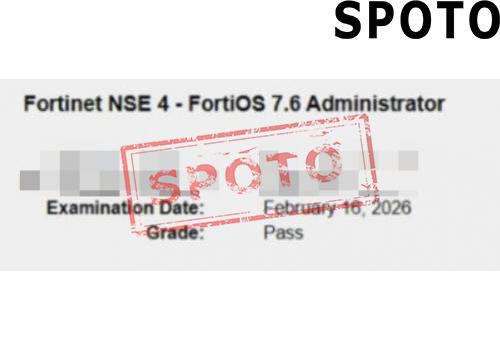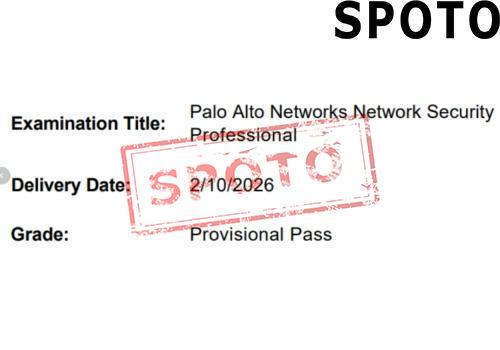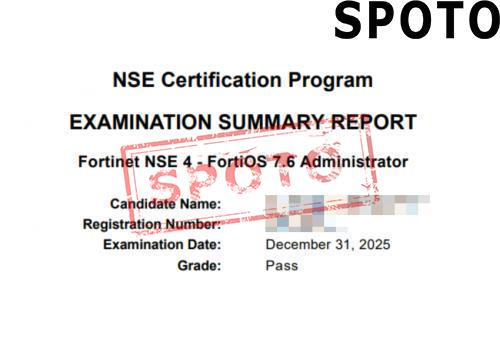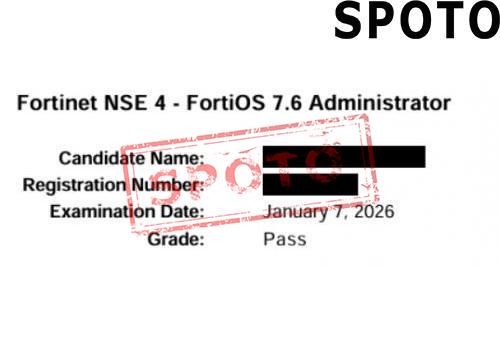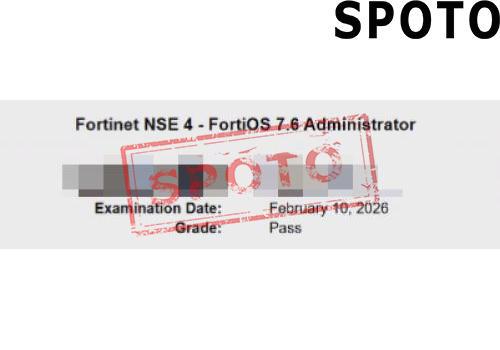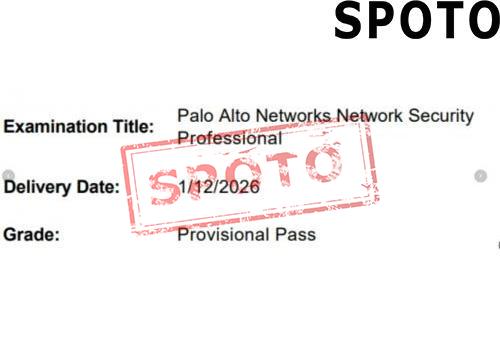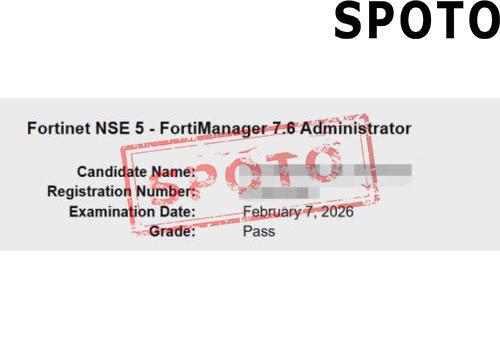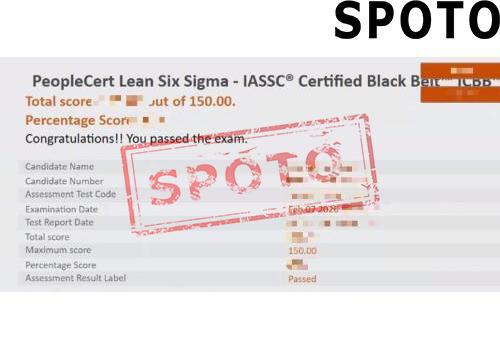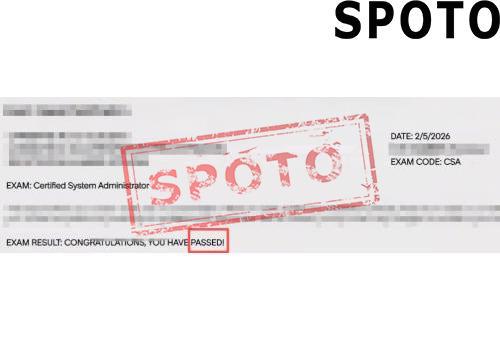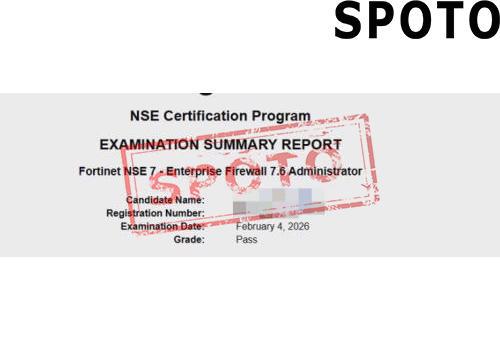
Table of Contents
- 1. Introduction to the CPGP certification
- 2. The Competitive Edge of CPGP Certification
- 3. Core Components of the CPGP Certification
- 4. What are the requirements to be an ASQ Certified Pharmaceutical GMP Professional?
- 5. Comparable Certifications to ASQ Certified Pharmaceutical GMP Professional Certification
ASQ Certified Pharmaceutical GMP Professional is a top-tier certification focusing on practical GMP compliance capabilities throughout the entire pharmaceutical lifecycle.
1. Introduction to the CPGP certification
ASQ Certified Pharmaceutical GMP Professional (CPGP) is a globally authoritative pharmaceutical industry special certification issued by the American Society for Quality, focusing on verifying the professional ability of practitioners to master and implement Good Manufacturing Practice (GMP) in the pharmaceutical and related fields.
Certified Pharmaceutical GMP Professional is the "gold standard" in the field of pharmaceutical quality compliance, aimed at cultivating professional talents who can ensure the compliance, safety, and effectiveness of the entire drug production process, and respond to industry regulatory requirements. It is a core professional certificate for entering the field of pharmaceutical quality compliance and production management.
The pharmaceutical industry is directly related to public health and life. GMP is a mandatory standard to ensure stable and controllable drug quality. It requires systematic production management, quality control, and process traceability to ensure that drugs meet regulatory requirements throughout their entire lifecycle from research and development to market launch.
The core of CPGP certification is to cultivate "practical GMP compliance management and quality assurance experts in the pharmaceutical industry," who are not simply reciters of regulatory provisions, but can deeply integrate GMP requirements into the entire pharmaceutical production process, design compliance management systems, identify quality risks, handle compliance deviations, respond to regulatory audits, solve complex compliance issues unique to the pharmaceutical industry, and ensure drug quality and patient safety.
When establishing a GMP compliance system for pharmaceutical companies, CPGP holders will take the lead in establishing a quality management system that complies with international GMP regulations; Develop production process validation plans, material management standards, and batch record traceability processes; Establish a closed-loop mechanism for deviation handling, correction, and prevention measures; regularly conduct internal GMP audits to identify compliance risks; Assist enterprises in responding to on-site inspections by regulatory agencies to ensure smooth passage of audits.
2. The Competitive Edge of CPGP Certification
CPGP is a globally recognized GMP professional certification in the pharmaceutical industry, and the ASQ brand is highly recognized by multinational pharmaceutical companies, leading domestic pharmaceutical companies, and regulatory agencies. When recruiting for core positions such as pharmaceutical quality compliance, verification, and auditing, they are often listed as "priority or necessary conditions," especially in pharmaceutical research and development, production enterprises, and third-party compliance agencies, which are core admission qualifications. Internationally, the average annual salary of certified individuals is 25%-40% higher than that of uncertified individuals.
The Certified Pharmaceutical GMP Professional certification covers the core requirements of the entire pharmaceutical GMP process. After passing, it can prove the ability to independently solve complex pharmaceutical compliance issues, build a compliant GMP system for enterprises, reduce regulatory penalty risks, and quickly undertake core compliance work after joining.
Holders of CPGP certification can join the ASQ global membership community to access the latest GMP regulatory updates, industry best practices, and pharmaceutical quality cases; Prioritize participation in ASQ International Pharmaceutical Quality Conference and GMP Special Seminar, connect with global pharmaceutical compliance expert resources, and expand professional horizons.
3. Core Components of the CPGP Certification
For quality professionals who are committed to establishing professional authority in the highly regulated pharmaceutical industry and ensuring full lifecycle compliance of drugs, pharmaceutical GMP compliance management certification is a highly valuable qualification.
CPGP certification focuses on the full process implementation and regulatory response of drug production quality management standards, aiming to systematically verify whether you have a complete knowledge system and practical ability to build, maintain, and optimize a quality management system that meets global mainstream regulatory requirements.
The GMP regulatory system and industry standards are the foundation of all work. You need to be proficient in the core requirements of global mainstream GMP regulations such as FDA, EU, and NMPA, understand the inspection focus of regulatory agencies, and master the special specifications of sub sectors such as biological products, in order to establish a solid regulatory foundation for compliance practice.
The construction of quality management system and risk control require you to learn how to build a complete GMP quality system, covering deviation management CAPA and core modules such as change control, and the ability to use risk management tools such as FMEA to systematically identify and control quality risks, achieving a transition from passive response to proactive prevention.
The production process control and material management module focuses on the specific practices of drug manufacturing. You need to master the requirements for monitoring key process parameters and controlling clean room environments, establish a full chain material traceability system from raw materials to finished products, and ensure that the entire production process is under control.
Verification and data integrity are the technical cornerstones of GMP compliance. You will be proficient in the entire process of equipment, process, cleaning, and computerized system validation, and follow the principles of ALCOA+ to ensure data integrity, providing reliable technical evidence and support for drug quality.
Finally, certification requires you to have the ability to conduct internal audits and respond to regulatory inspections, identify compliance vulnerabilities, drive corrective actions, and establish experience feedback mechanisms to continuously improve organizational compliance levels.
4. What are the requirements to be an ASQ Certified Pharmaceutical GMP Professional?
(1) Qualification prerequisites:
The prerequisite for obtaining CPGP certification is: having a bachelor's degree or above and 4 years of full-time work experience in the pharmaceutical GMP related field; having a high school degree and 8 years of full-time work experience in the pharmaceutical GMP related field.
Due to the need for work experience involving GMP core management processes, experience in the pharmaceutical industry is preferred.
(2) Training and examinations:
The number of CPGP questions is about 175 Single choice question, including 25 non-scoring prediction questions. The exam lasts for 4 hours. A full score of 750 points, reaching 550 points or above to pass. The exam fee is approximately $498 for ASQ members and $698 for non-members.
(3) Qualification maintenance:
The CPGP certificate is valid for 3 years, and you need to accumulate 30 Continuing Education Units (CEUs) during the validity period, submit a renewal application, and pay the renewal fee.
5. Comparable Certifications to ASQ Certified Pharmaceutical GMP Professional Certification
- ASQ Certified Medical Device Auditor (CMDA)
- PDA Quality Risk Management Certificate
- ASQ Certified Biomedical Auditor (CBA)
- IRCA Certified Food Safety and Quality Auditor (CFSQA)
